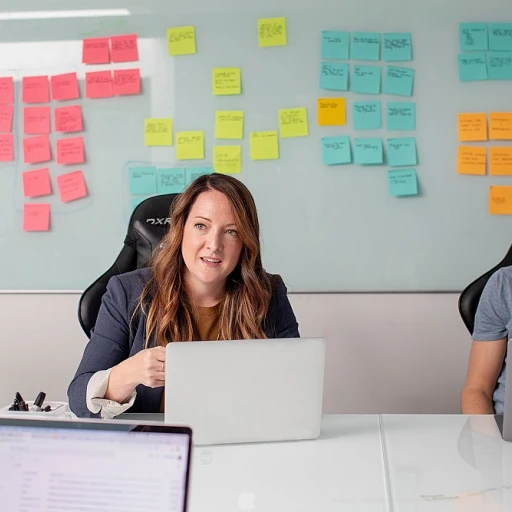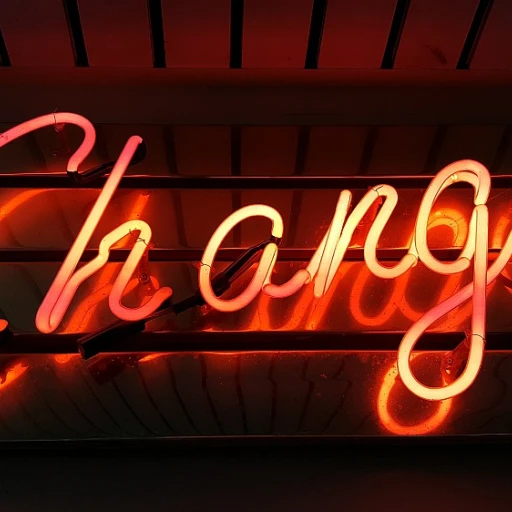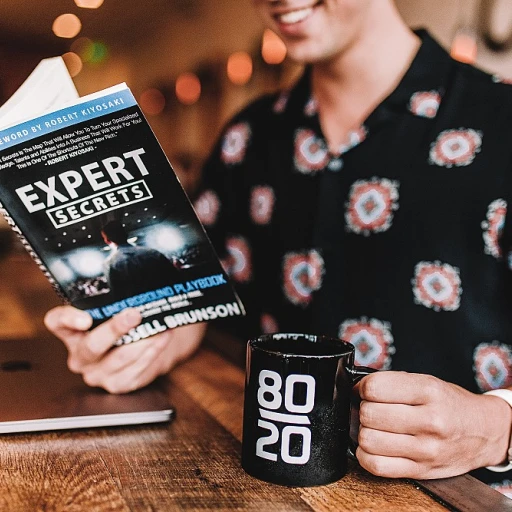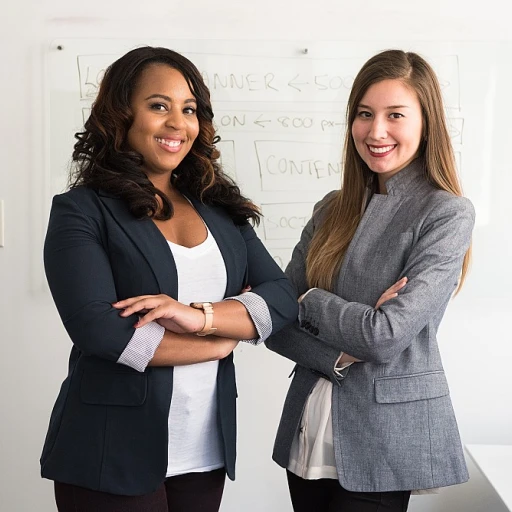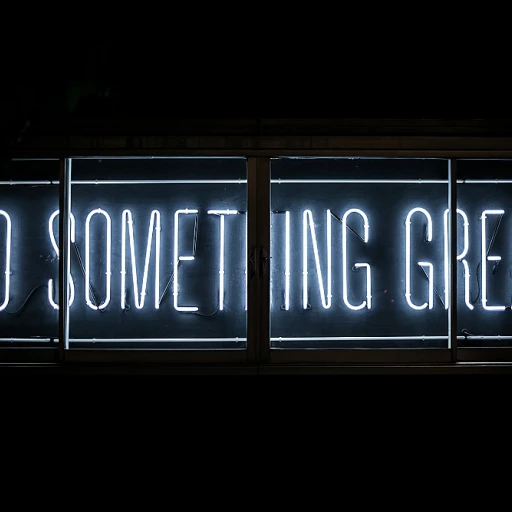
Understanding the Skills Gap
Recognizing the Importance of Addressing Skill Deficiencies
Identifying the existing gap in skills is crucial for both personal career growth and alignment with the company's expectations. When considering a new job, understanding the talents you bring to the table and those that need further development is essential. This not only helps in making a good impression during the interview process but also ensures a good fit with the team and company culture.
For job seekers, acknowledging areas needing improvement can prevent potential mismatches with the role and aid in crafting relevant questions during the interview. Asking about the skills required for the position or how success role is defined within the company can offer clearer insights into the job description. Furthermore, inquiring about training programs could give you a head start in addressing any gaps.
The hiring process offers an opportunity to have a meaningful dialogue with human resources and the hiring manager. This conversation can reveal how the company supports skill development for team members, potentially involving performance management training to enhance managerial effectiveness. Knowing beforehand what skills are necessary helps tailor your interview questions effectively, ensuring that you access answers that guide further career plans.
Understanding your personal skills gap is a proactive approach that can elevate your prospects and make you stand out as a candidate who is not only prepared for the interview but committed to success in the job. While you prepare your questions and answers, stay focused on how this fit can lead to long-term growth for both you and the prospective company.
Identifying Your Personal Skills Gap
Pinpointing Your Unique Skill Discrepancies
Identifying your personal skills gap is a critical step in preparing for any job interview. It involves more than just reading the job description; it's about honest self-reflection and a clear understanding of what the role demands versus your current skill set. During this process, ask yourself essential questions:- What specific skills does the job require?
- How do your current abilities measure up to those requirements?
- Are there any areas where you feel less confident?
Preparing for the Interview: Questions to Ask HR
Crafting Insightful Questions to Gain Clarity
During the interview, it's crucial to ask the right questions to better understand whether the company and role are a good fit for your skills and career goals. Each question you pose should aim to uncover insights into job expectations, team dynamics, and the organization’s culture. Make sure to tailor your inquiries to elucidate how the company supports skill development and addresses any identified skills gap.- What are the main skills required for this role? Understanding the specific skills needed will help determine if you align well with the job description and where you might need further development for success in your prospective role.
- Can you describe the team dynamic? Insights into team collaboration and culture help you gauge if you’d thrive within the company's environment. Listen carefully to how the HR manager describes teamwork—strong, cooperative teams often lead to better work satisfaction and success.
- How does the company support skill development? Investigate what training programs or workshops are available. A company committed to employee development will invest in nurturing your skills and expanding your capabilities.
- What role does this position play in achieving the company’s goals? Understanding the value of your role within the larger company context can provide motivation and a clear view of your potential impact, aligning your work with company success.
Evaluating Company Training Programs
Evaluating Training Opportunities within the Company
When preparing for a job interview, one crucial aspect to investigate is the availability and quality of company training programs. It's important to gauge how the company supports the professional growth and continuous learning of its team members. Use this opportunity to ask thoughtful questions to the human resources representative or hiring manager during your interview.
- A great question to consider asking is: "Can you tell me about the training programs that the company offers to enhance skills relevant to this role?" By understanding this aspect, you can determine if the company encourages a culture of growth, which can aid in your career success.
- Follow up with: "How does the company tailor training to meet the needs of different team members?" This question can help you assess whether the company adapts its training to fit individual employee needs, ensuring a good fit for personal growth.
- Probe further by inquiring: "What kind of support does the company provide for acquiring new skills not necessarily related to the job description?" With answers to these interview questions, you can evaluate if the company nurtures a broad learning environment.
Understanding the company's approach to training can be a strong indicator of their investment in their employees. The answers you receive can help determine if this position aligns well with your career goals and if there is potential for growth in your success role.
Negotiating Skill Development Opportunities
Negotiation Tactics for Skill Development
When it comes to negotiating skill development opportunities during a job interview, it's essential to come prepared with the right questions and strategies. Demonstrating your willingness to grow and adapt shows your interviewers that you're serious about your role and your career development. Here are some key steps to take:- Know What You Want: Ahead of the interview, identify which specific skills you'd like to develop. Make sure they align with the company and the role. Ask yourself, "How will these skills help me succeed in this position?"
- Prepare Questions: During the interview, ask questions about available training programs, mentoring opportunities, and company culture. Inquire, "Can you share how the team supports skill development for new hires?" or "What resources are dedicated to employee growth?" These questions will give you insight into whether the company values ongoing learning.
- Highlight Your Willingness to Learn: Express your eagerness to acquire new skills and how that will benefit both you and the company. A sample answer could be, "I'm enthusiastic about enhancing my abilities in [specific area] and believe continuous learning will help me contribute more effectively to the team."
- Discuss Previous Learning Experiences: Share examples of how you've previously pursued skill development and how that has contributed to your success in past roles. This will show the hiring manager that you're proactive about your growth.
- Clarify the Timeline: Inquire about the timeline for development opportunities. Ask questions like "How soon can I expect to begin any training related to my role?" to understand how the company prioritizes employee development.
- Align with Company Goals: Make sure to align your skill development interests with the company’s goals and values. Ask about the company's future directions or projects and how you can be a part of them, contributing through your enhanced skills.



